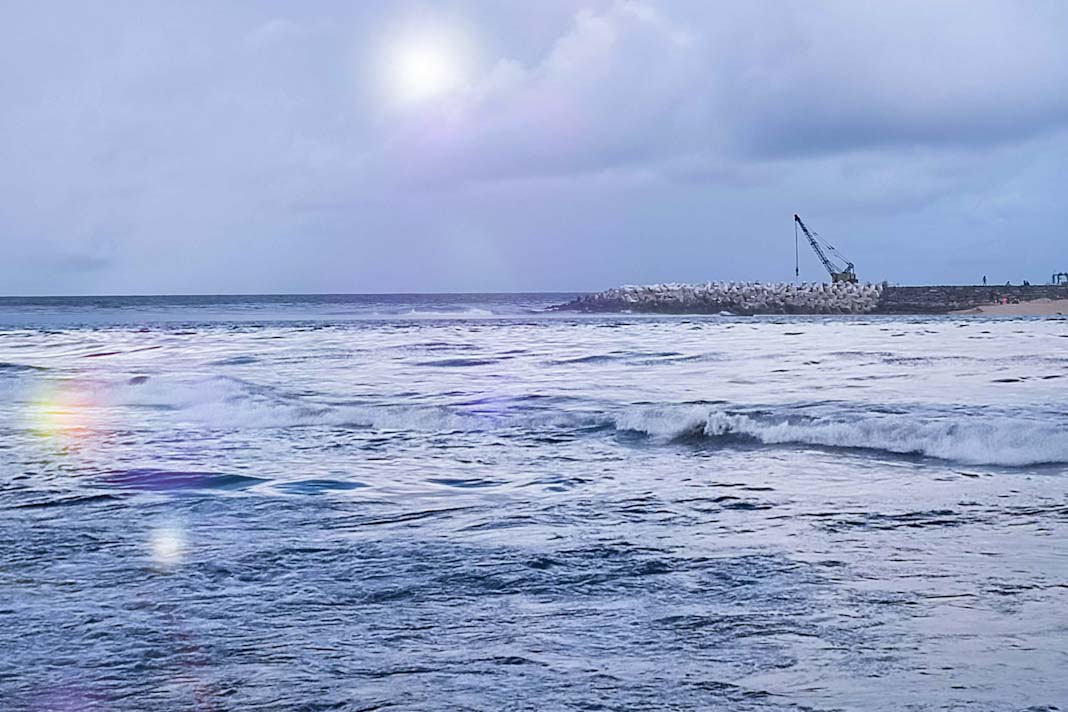 Sohar Port in Oman becomes a regional leader in sustainable practices by implementing biofuel bunkering for tugboat operations.
Sohar Port in Oman becomes a regional leader in sustainable practices by implementing biofuel bunkering for tugboat operations.- This initiative aligns with Oman’s national goal of achieving net zero emissions by 2050.
A Port Pioneering Green Practices
Sohar Port and Freezone has taken a significant step towards environmental responsibility by becoming one of the first ports in the Middle East to utilize biofuel for tugboat operations. This transition to cleaner fuel sources aligns with Oman’s national objective of achieving net zero emissions by 2050.
The initial trial phase involved a B20 blend, a mix of 80% diesel and 20% biofuel derived from used cooking oil. This eco-friendly alternative is expected to substantially reduce greenhouse gas emissions from tugboat activities, a major contributor to the port’s overall environmental footprint.
Collaboration for a Cleaner Future
The successful execution of this biofuel bunkering operation involved a collaborative effort between Sohar Port and several key partners:
- Svitzer: Played a crucial role as the tugboat operator.
- Wakud: Supplied the biofuel used in the trial.
- Hormuz Marine: Acted as the bunker service provider, facilitating the refueling process.
Emile Hoogsteden, CEO of Sohar Port, emphasized the significance of this project: “By implementing biofuel, we are significantly reducing our emissions and strengthening our commitment to supporting Oman’s environmental goals.”
Sulaiman Alhadhrami, CEO of Hormuz Marine, echoed this sentiment, highlighting the project’s contribution to a more sustainable maritime industry. He acknowledged the continued need for marine gas oil in the short term but stressed the importance of a gradual transition towards biofuel usage.
Oman’s Roadmap to Green Ports
The Ministry of Transport, Communications and Information Technology, represented by Abdullah bin Ali Al Busaidi, shared insights into the government’s initiatives for developing green ports. This comprehensive roadmap includes projects focused on:
- Emission Reduction: Implementing strategies to minimize emissions generated by port activities.
- Electrification and Smart Systems: Transitioning port equipment to operate on electric power and leveraging smart technology solutions for improved efficiency.
- Shore Power Connection: Providing ships with the ability to connect to shore power for cleaner energy use while docked.
- Clean Fuel Hub: Establishing a regional center dedicated to supplying ships with clean fuel alternatives.
The Ministry acknowledges the valuable role played by the private sector in identifying and implementing sustainable solutions. They are actively collaborating with relevant entities to address challenges such as the price disparity between biofuel and conventional fuel options.
Biofuel: A Pillar of the Circular Economy
The adoption of biofuel bunkering not only benefits the environment but also aligns with Sohar Port’s mission to accelerate the transition to a circular economy. This economic model prioritizes resource conservation and reuse, contrib
uting to sustainable development and supporting the goals outlined in Oman Vision 2040.
While Sohar Port explores the potential of biofuel solutions, it’s worth noting their recent plans to invest in a liquefied natural gas (LNG) liquefaction plant. This multi-faceted approach demonstrates their commitment to achieving long-term sustainability goals.
Did you subscribe to our daily Newsletter?
It’s Free! Click here to Subscribe
Source: Offshore Energy















